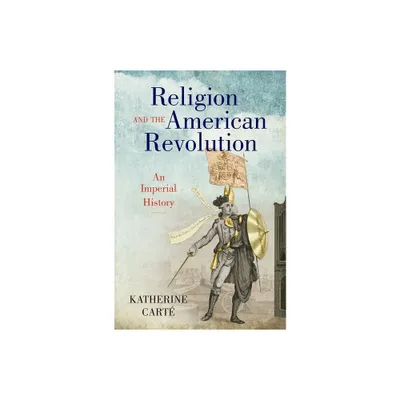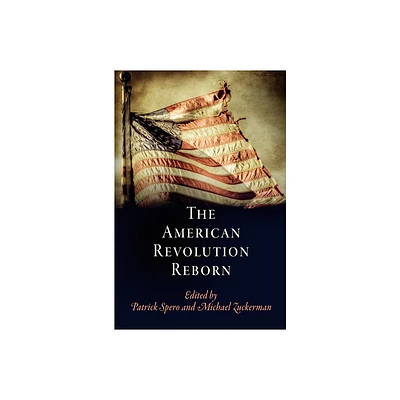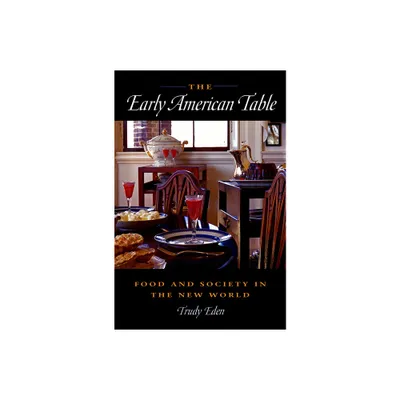Home
The Soldiers' Revolution: Pennsylvanians in Arms and the Forging of Early American Identity
Loading Inventory...
Barnes and Noble
The Soldiers' Revolution: Pennsylvanians in Arms and the Forging of Early American Identity
Current price: $29.95


Barnes and Noble
The Soldiers' Revolution: Pennsylvanians in Arms and the Forging of Early American Identity
Current price: $29.95
Loading Inventory...
Size: OS
*Product Information may vary - to confirm product availability, pricing, and additional information please contact Barnes and Noble
What did the American Revolution mean to the ordinary soldiers who fought in it? Were they inspired by high-minded ideals of liberty and democracy, or were they seeking the material and practical rewards—bounties, land, and political advancement—that victory might bring them? We know much about the philosophical positions expressed by America’s Founding Fathers, but the common people did not necessarily share the Founders’ ideas.
The Soldiers’ Revolution
looks to those who took up arms in Pennsylvania to reveal the rich tapestry of local interests that led a nation to war.
Many rank-and-file Revolutionaries left behind records of their experiences—everything from letters and journals to pension applications and loyalist claims. These records bring to light the soldiers’ widely ranging ideas and opinions about the war, about themselves, about the enemy, and about the American nation. In Pennsylvania enlisted men defined their communities through various local interests. This general localism was, ironically, one of the few shared popular Revolutionary ideals. Moreover, the experience of military violence was critical in defining broader ideologies of citizenship that contributed to ideas of an emerging American identity—an identity that privileged white men above Indians, African Americans, and women. "Tories," meanwhile, were forced to shed their local perspectives and embrace other ideas in keeping with imperial interests.
offers us a rare glimpse into the everyday world of the American Revolution. We see how the common experience of war drew soldiers together as they began the long process of forging an identity for a fledgling nation.
The Soldiers’ Revolution
looks to those who took up arms in Pennsylvania to reveal the rich tapestry of local interests that led a nation to war.
Many rank-and-file Revolutionaries left behind records of their experiences—everything from letters and journals to pension applications and loyalist claims. These records bring to light the soldiers’ widely ranging ideas and opinions about the war, about themselves, about the enemy, and about the American nation. In Pennsylvania enlisted men defined their communities through various local interests. This general localism was, ironically, one of the few shared popular Revolutionary ideals. Moreover, the experience of military violence was critical in defining broader ideologies of citizenship that contributed to ideas of an emerging American identity—an identity that privileged white men above Indians, African Americans, and women. "Tories," meanwhile, were forced to shed their local perspectives and embrace other ideas in keeping with imperial interests.
offers us a rare glimpse into the everyday world of the American Revolution. We see how the common experience of war drew soldiers together as they began the long process of forging an identity for a fledgling nation.


















